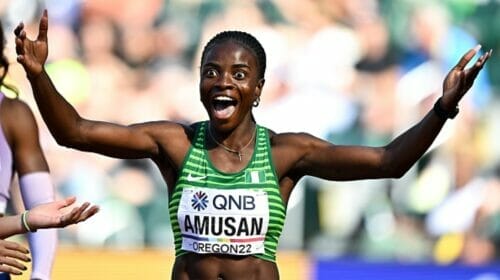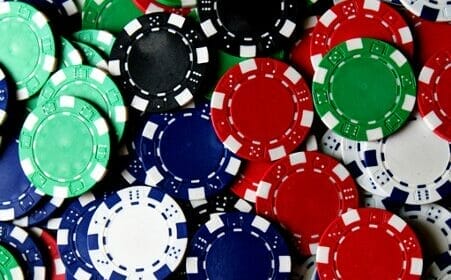Vaporaki: World Champions badge brings great responsibility

- Argentina aiming for Lithuania 2020 and defence of world title
- Constantine Vaporaki admits his side are among favourites
- “We want to reach the World Cup and win the qualifying tournament”
From time to time, Constantino Vaporaki replays the goal he scored against Russia in the final of the FIFA Futsal World Cup Colombia 2016. As it turned out, it proved to be the key strike – his side’s fifth in a 5-4 win that earned La Albiceleste their first futsal world title.
“I have all the games on video, and I’ve watched them again in their entirety. But, every now and then, I just watch my goal on YouTube to try to understand what I felt at that moment. It helps me value things,” Vaporaki tells FIFA.com.
“It’s good to remind yourself of these things and appreciate what we’ve achieved. The title was a turning point in our careers and lives, but most of all in our sport,” adds the 30-year-old wide player, who wears the No.10 shirt for his country.
“Futsal in Argentina has grown a lot since then. You can notice it with the standard of the league: the level of play is better, the intensity is greater and our teams compete on equal footing in international tournaments,” says the Boca Juniors player, whose side were beaten finalists in the 2019 Intercontinental Futsal Cup.
Vaporaki speaks with the authority of someone who has been in futsal for 12 years and who turned amateur aspirations into a professional career. At just 16, he left Ushuaia, a city near the southern tip of Argentina dubbed The End of the World, to follow his dreams in Buenos Aires.
“It [the game’s development] is also evident in its professionalisation, something we’re going through here,” he continues. “Clubs have more tools and structures to offer players, and many are committed to making a living off the game. Today, there are 17- or 18-year-olds who can cope with scenarios we didn’t face until we were 24 or 25. All that stems from winning the World Cup.”

Vaporaki, a national team regular since 2012, knows that the title of world champion also brings certain obligations. The main one is to qualify for the 2020 World Cup, to be played in Lithuania this year, for a chance to defend their title. For that to happen, Argentina must finish in the top four of the South American qualifiers, which begin on 1 February in the Brazilian city of Carlos Barbosa.
“The [world champions] badge on our jerseys carries immense responsibility. However, that prestige is something we’ve earned and where we happen to be right now. This has to be a source of motivation for us, because, if we lose our hunger, we’ll be a lesser team again.”
La Albiceleste will begin the qualifiers strongly fancied to secure a World Cup place, especially after being drawn in the same group as Venezuela, Chile, Bolivia and Uruguay, thereby avoiding Brazil and Paraguay, the region’s other two heavyweights at present.
Vaporaki himself strikes a note of caution when considering the task ahead. “We were seeded for the draw so, on paper at least, we find ourselves in the most manageable group. But this is still a sport in which you have to play 40 minutes, so if you have an off day, you can always lose.”
In footballing terms, “the team is in very good shape,” says Kiki – this despite a change of coach after the last World Cup with the departure of Diego Giustozzi and the appointment of Matias Lucuix, the former Argentina player whose injury at the Thailand 2012 World Cup brought a premature end to his playing days.
“At the last World Cup, what stood out most was our defence. Now, we’re working on the system and adding more options in attack. Being world champions, some teams will defend deep against us and others will defend en masse, so the need to attack more means we have to improve.”
Given all that, Vaporaki and his team-mates, several of whom featured in the title-winning side from Colombia 2016, will not be settling for the bare minimum in Brazil.
“Our first objective is to reach the World Cup, but after that, we want to win the qualifying tournament. We have to live up to the expectations we’ve created for ourselves.”



